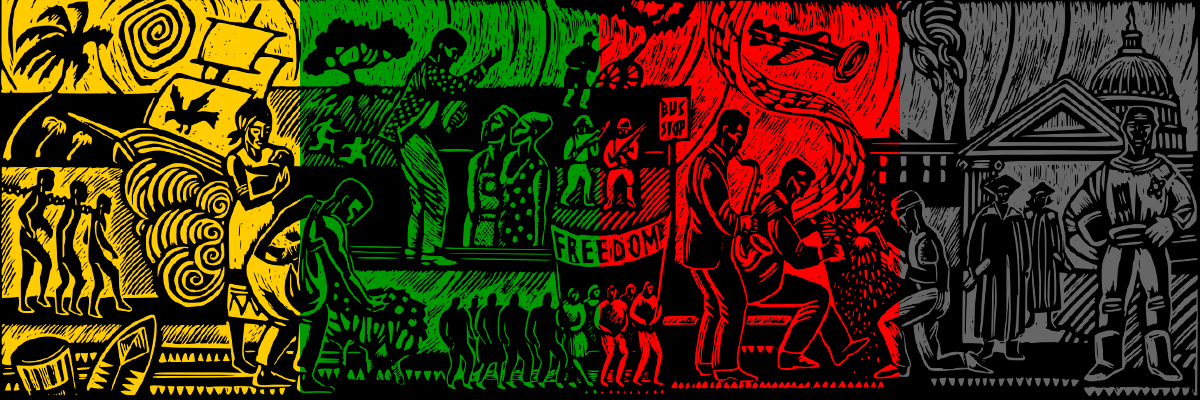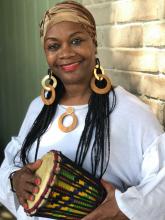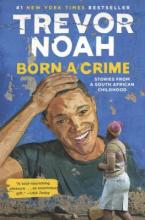Published January 18, 2021
In recognition of Black History Month in February, Fort Bend County Libraries will have a variety of special online programs celebrating the history and cultural contributions of African-Americans in the United States. These free, virtual events will be online; they will NOT be in person.
Registration is required for the live-streamed Webex programs ONLY; a link to the Webex meeting will be emailed to all who register. To view the pre-recorded programs or to register for the live-streamed programs, click on the title of the event. The links to the pre-recorded programs will become available on the scheduled date; they may be viewed at any time once they are posted.
FEB 1
“Before 1619: Why Black History Month Matters” (pre-recorded video). With the help of genetic testing and historical evidence, many African Americans are finding that they are modern descendants of the Igbo people from the African continent. During the Trans-Atlantic Slave Trade of the 1600s, a large number of Igbo people were abducted and forced into slavery. In recognition of Black History Month, this presentation will focus on the rich cultural heritage of the Igbo people before 1619. Learn about the culture, religion, food, and traditions of the Igbo people, who were the ancestors of many African-Americans today.
FEB 8
“A Tour of African-American Cemeteries in Fort Bend County” (pre-recorded video). Genealogy and Local History department manager Daniel Sample will highlight some of the African-American cemeteries in the county, including the recently discovered burial ground in Sugar Land. Learn about the history of the cemeteries, notable people buried there, and more.
FEB 11
“Black History Month Digital Scavenger Hunt” (all day). History sleuths must use their knowledge of African-American history and their research skills to complete this scavenger hunt. This online activity can be accessed through FBCL’s website on the day of the event; registration is not required.
FEB 15
“Photography Basics: What Makes This Photograph Great” (pre-recorded video). Learn how to critique amazing photographs by master photographers to gain a better understanding of the elements that make a photo great. This episode will focus on works by prominent African-American photographer and filmmaker Gordon Parks.
FEB 18
“The Prisoner-Lease System in Texas” (3:00 to 4:30 pm). This live-streamed program will take place in real-time via Webex. Dr. Theresa Jach, a history professor at Houston Community College, will talk about the history of convict leasing in Texas and in other southern states between 1867 and 1912. She will also talk about the shift to state-owned prison farms and the Texas prison-farm system, with a particular focus on Fort Bend County. Hear about the status of the graves found on the Fort Bend ISD property in Sugar Land. Registration is required; a link to the Webex session will be emailed to all who register.
FEB 20
“ABIYOYO” (pre-recorded video). This family program is presented by Twanda’s Theatre on Wheels, in conjunction with Young Audiences of Houston. Ms. Twanda compares and contrasts African customs and traditions. She will dramatize a folktale about a boy who plays the ukulele, his dad, and a magic wand – and a hungry giant named Abiyoyo. This performance is recommended for families with children of all ages.
FEB 22
“Family-History Research: The Freedman’s Bureau Records” (pre-recorded video). Researching African-American family histories may present special challenges for the genealogical researcher. In this presentation, Carol Beauchamp, from FBCL’s Genealogy and Local History department, will talk about the Freedman’s Bureau Records. The Bureau of Refugees, Freedmen, and Abandoned Lands -- better known as the Freedmen’s Bureau -- was established in 1865 by the War Department. It was created to help newly freed slaves and the destitute get back on their feet after the Civil War. This was accomplished by helping the freedmen with food, clothing, shelter, education, and employment. The agency generated a body of records including letters, labor contracts, reports, marriage, military, and census records, food ration lists, and more. It is the most extensive record collection for African Americans after the Civil War. Documents associated with the Freedmen’s Bureau often provide full names, residences, and often the names of former masters and plantations. This presentation will examine different types of records created by the field offices within the Freedmen’s Bureau and what databases to use to find them.
FEB 27
The Skin I’m In: A Book Club Featuring Authors of Color (11:00 am-12:00 noon). This live-streamed book-club meeting will take place in real-time via Webex. The book to be discussed is Born a Crime: Stories from a South African Childhood, written by Trevor Noah. This new book club will meet on the fourth Saturday of every month. Registration is required; a link to the Webex session will be emailed to all who register.
For more information, call FBCL’s Communications Office at 281-633-4734.


